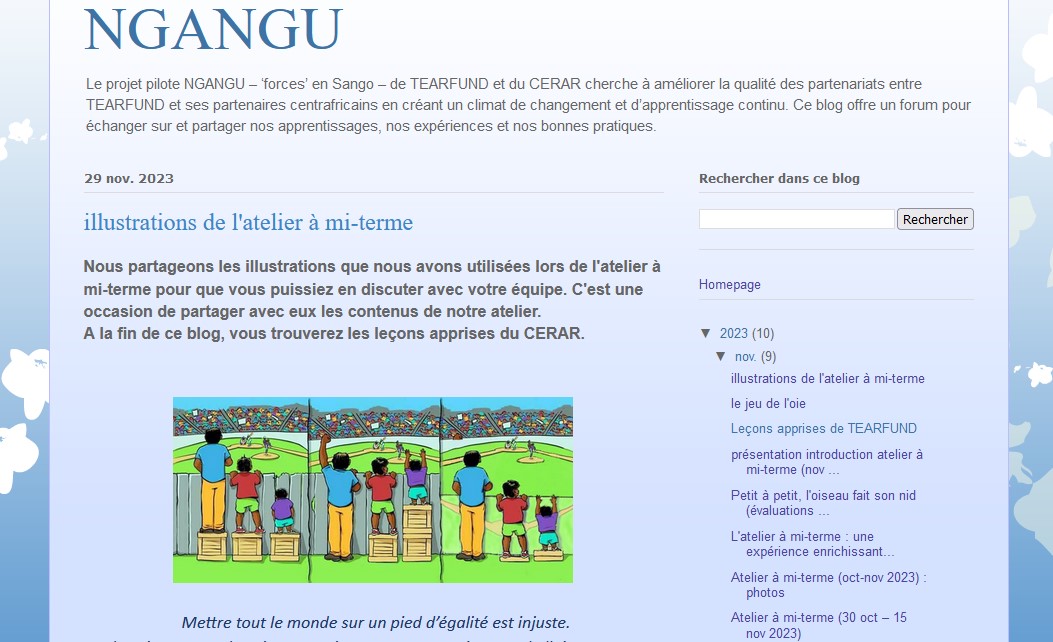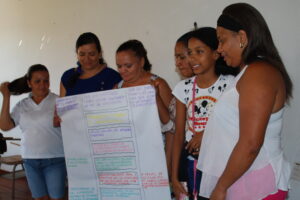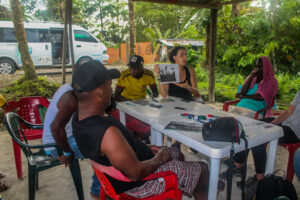CONTEXTUALISED PROXIMITY MENTORSHIP (CPM)
The program proposed by CERAR combines an alternative methodology of Strengthening Structural Capacity (BOOST – Building On Our Strengths Together) with a specific method of contextualized and continuous mentoring for the implementation of changes in everyday practices: CONTEXTUALISED PROXIMITY MENTORSHIP (CPM).
CPM provides a response to the difficulties that many local associations encounter in integrating their learning into their everyday practices.
Some important elements contribute to the success of CPM :
- an orientation towards results (to achieve, among others, the 3 pivotal changes in the action plans)
- a personalized, real-time monitoring
- a trust relationship between mentors and local associations
CPM allows to take into account the constraints of:
- the environment
- the resources
- cultural diversity
- pace
- personal and local stories and circumstances
CPM includes :
- a participatory and organizational approach
- the creation of a learning climate
- capitalization and learning and knowledge transfer
through
- mentorship directly in the field
- a concrete action plan to facilitate monitoring and mentoring
- experiences exchanges forums
- real-time adjustments
- use of specifically adapted tools
LEARNING THROUGH PRACTICE
« It is practice makes perfect »
Learning by doing is based on the principle that an organization learns better and owns its own learning more easily if it comes from practice and its own experiences.
Three conditions are necessary to achieve 'learning' by doing: :
- the creation of a clear framework (planning, pedagogical objectives, adaptation to the context),
- the creation of secured spaces for experimentation (right to mistakes, joint search for alternatives by reducing the fear of failure and abandonment),
- awareness and knowledge of the process (reminder of the framework, reminder of the objectives) and capitalization of new learning.
PEER-TO-PEER LEARNING
Peer-to-peer learning is not only interesting for the ownership and the capitalization of knowledge and skills, but also for self-confidence in general. CERAR promotes the knowledge and experiences of local actors and encourages their sharing.
CPM makes it possible to organize various forms of peer-to-peer learning, for example the co-facilitation on various themes during workshops, blogs and information exchange networks and mutual training.


